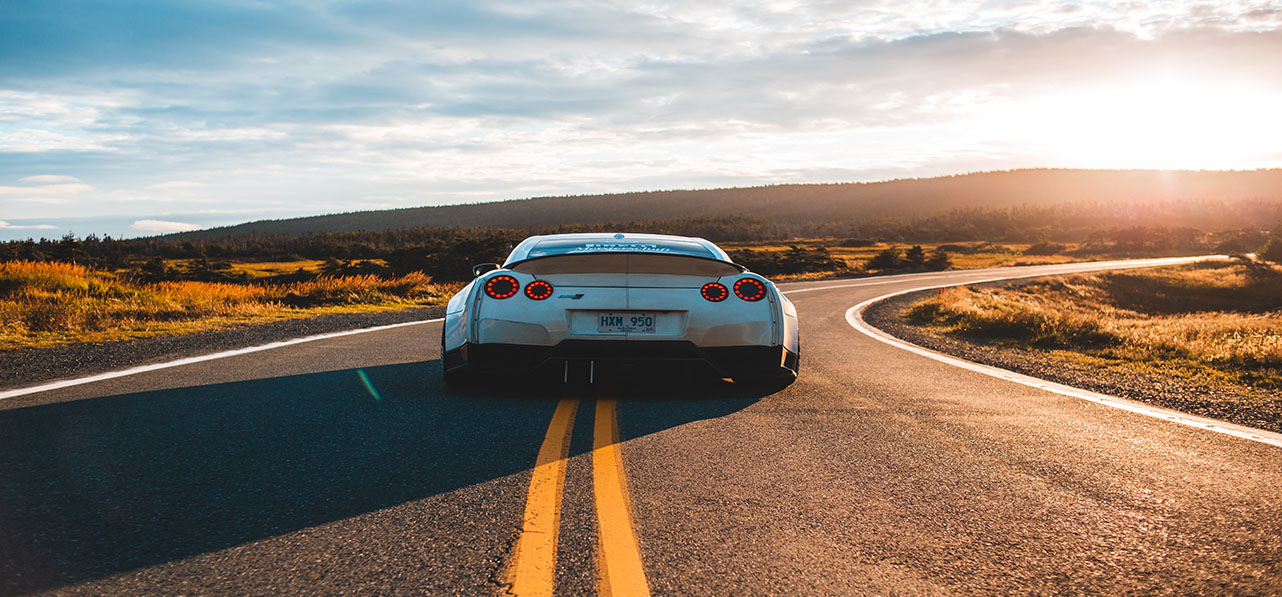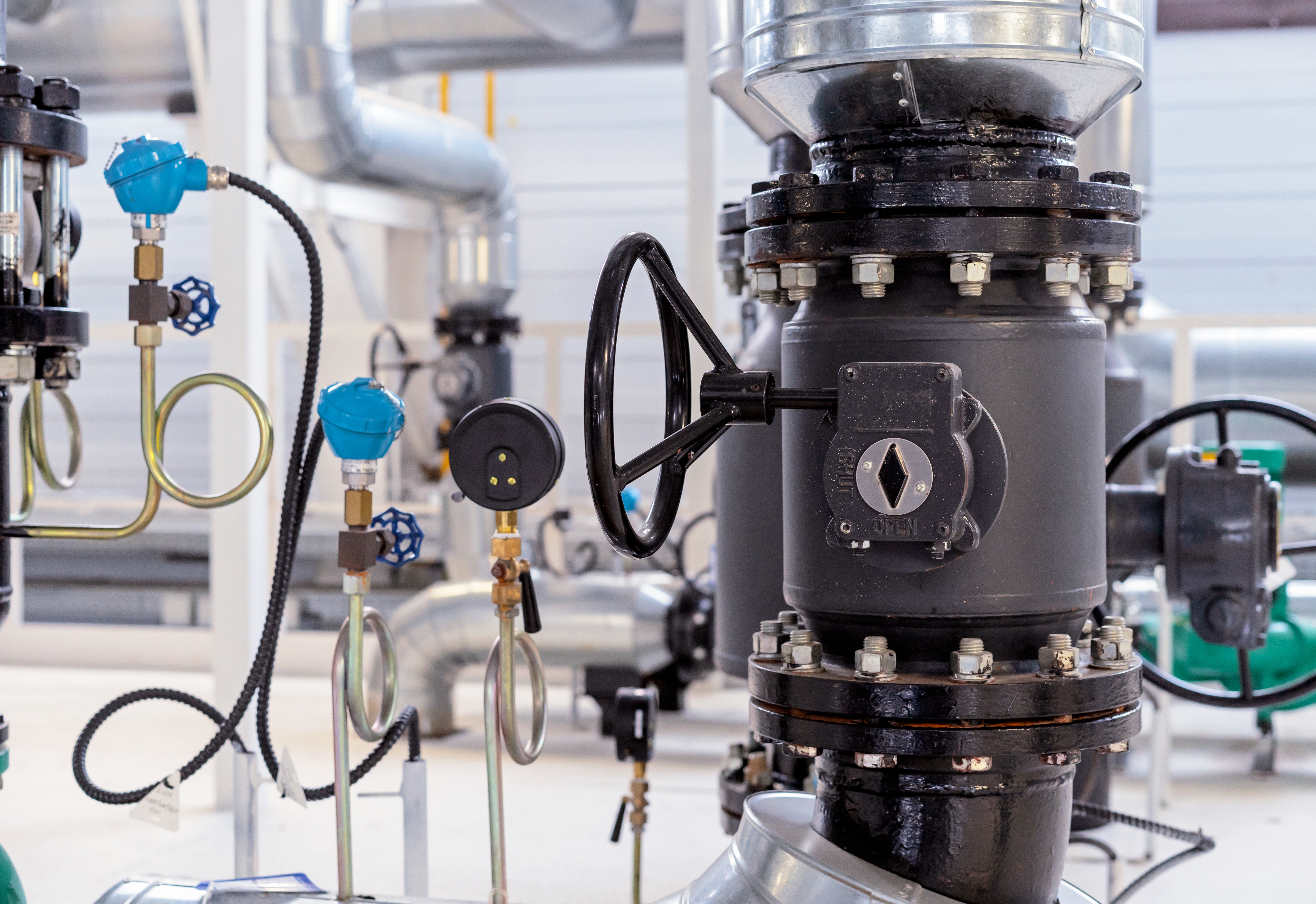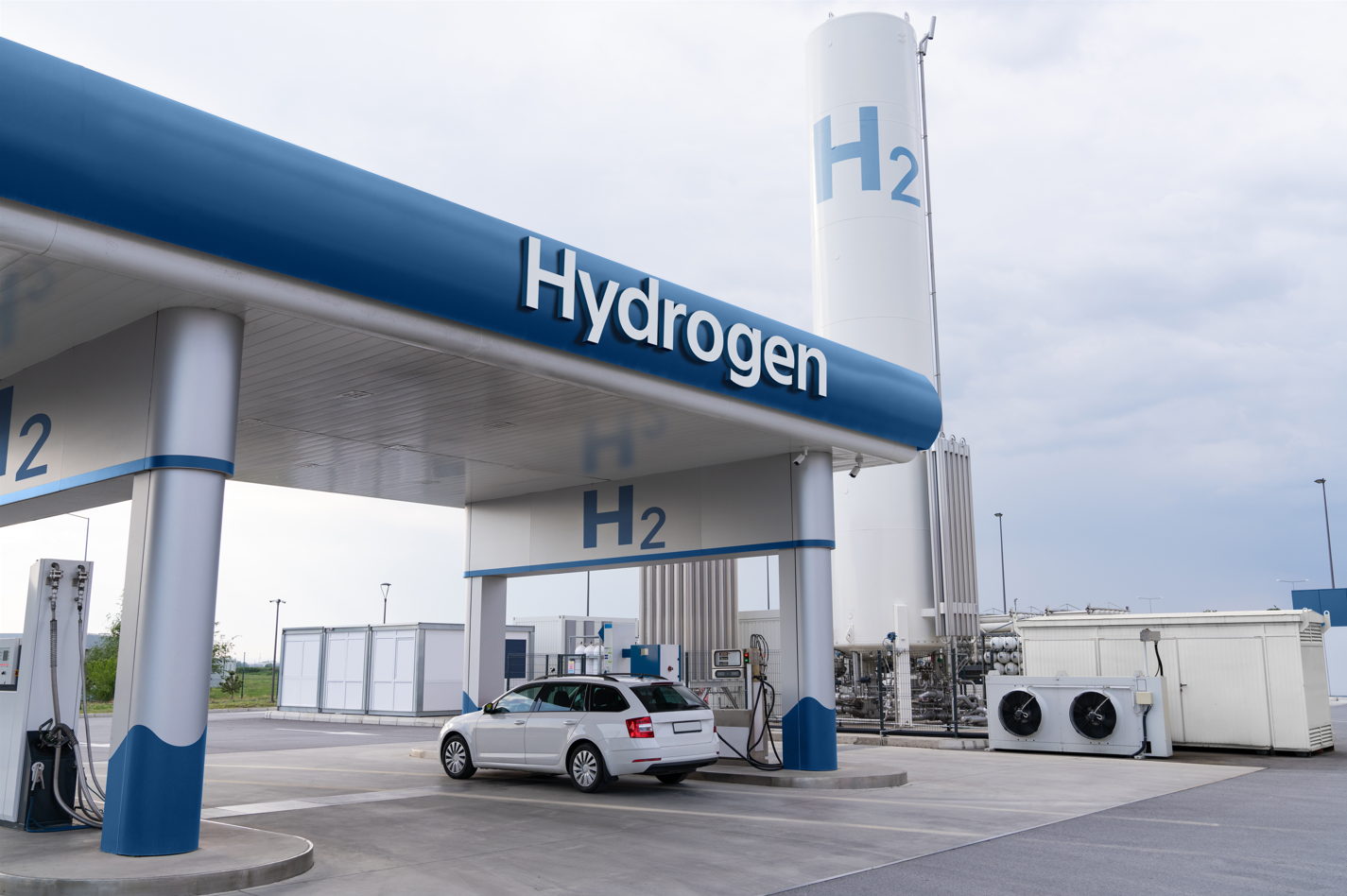Featured Articles
2022-09-23
The history of hyundai motor's development of hydrogen vehicles set a milestone in the revolution of the automobile industry
 Hyundai is keeping hydrogen vehicles with high feasibility in competition with lithium electric cars.
Hyundai is keeping hydrogen vehicles with high feasibility in competition with lithium electric cars.In the stereotype, South Korea has always been a follower of Japan in the field of high-tech industries. Such as liquid crystal displays, DRAM and flash memory, etc., Korean companies step in in the early stage of product maturity, shorten the learning curve, choose the nature of these commodities, and reduce costs through the mass production advantages of large consortiums with large investments. Established a significant market share in a short period of time, even surpassing Japan. But this model is also easy to be concocted by China using huge resources. The final result is often excessive competition and detonation of price wars, which have a vicious impact on the development of the industry. Therefore, the Korean industry began to gradually change this thinking, and turned to the role of an early investor. Only by cooperating with the early investment and development of technology to become a leader can it create solid added value, establish a comprehensive competitive advantage, and get rid of the vicious circle of price wars. The launch of 4G and 5G networks around the world by South Korean telecommunications companies as leaders is the best example of this shift; it can also be confirmed in the automotive industry, especially with Hyundai Motor's role in hydrogen vehicles and its ecosystem. Development is the most watched and anticipated, and its implications are worthy of in-depth discussion. The first is to get rid of the market positioning of followers. When the world's leading car manufacturers are hesitant to wait and see, they boldly and directly deepen the hydrogen vehicle technology as a foresight, in an attempt to reshape the new image of the brand. Their ambition and courage are worthy of appreciation. However, behind its vision is the huge potential market hidden by hydrogen vehicles and hydrogen energy and its power to subvert existing industries, which greatly exceeds the memory, display and telecommunications industries that South Korea has actively invested in in the past. Its boldness has long surpassed Tesla or Volkswagen's narrow framework of the feasibility of keeping hydrogen cars in competition with lithium electric cars.
References
-
2022-02-02, 技術オフィス Tech-T,水素エネルギー社会(31)MIRAIとNEXO 2021年販売台数
-
2022-02-06, 技術オフィス Tech-T,水素エネルギー社会(32)日韓 水素ステーション比較
-
2018-03-27, Hyundai Press release, Hyundai Begins Sales of NEXO Fuel Cell Electric Vehicle
- 2022-08-02, Hyundai Press release, Hyundai Motor’s XCIENT Fuel Cell Heavy-Duty Trucks to Hit German Roads
- 2021-09-23, Pulse by Maeil Business News Korea & mk.co.kr, Lee Ha-yeon, Korea starts test on hydrogen trams for commercialization by 2023
-
2022-1-20, Electrive.com, Carrie Hampel, S.Korea to acquire 624 H2 fuel cell buses by 2025



